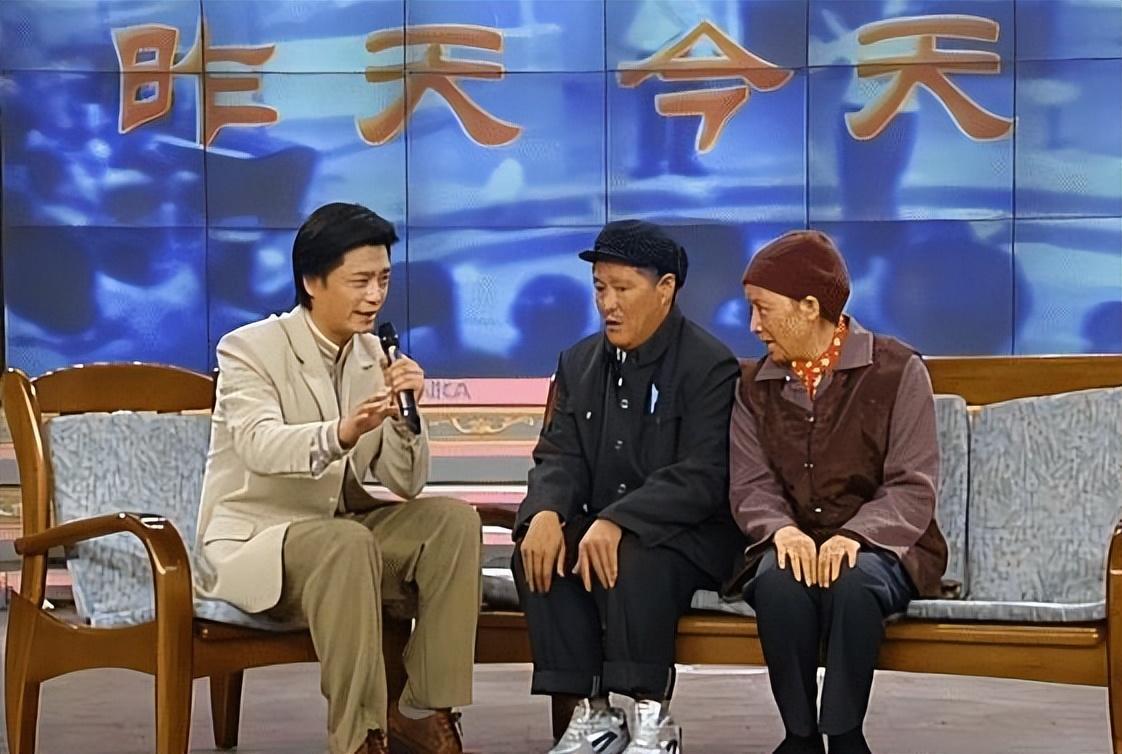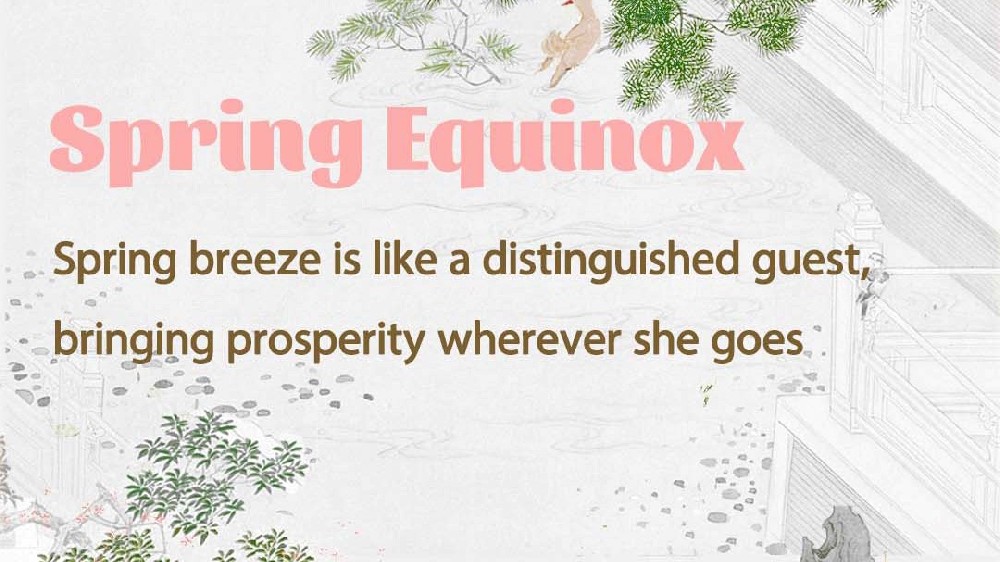Humor Culture: the Symbol of Northeast China
Humor culture is one of the defining traits of Northeast China, with Liaoning Province perhaps best known for its humorous spirit. Cities such as Tieling and Shenyang have earned playful nicknames like "China's End of the Universe" and the "Capital of Humor", thanks to generations of local comedians.

One of the classic performances on the Spring Festival Gala. The one in the middle is Zhao Benshan.
The severe winter climate forces people indoors to escape the freezing cold. Extended periods of heavy snowfall and a lull in agricultural activity leave many with ample idle time, so conversation naturally becomes the main pastime. Locals are bold and spontaneous, favoring improvisation and genuine, hearty laughter over more reserved, traditional expressions of joy. To save money, people often forego lighting lamps during their nighttime chats, relying solely on their wit to entertain each other in the dark. This practice creates a relaxed, democratic atmosphere free of taboos, making humor an integral part of everyday life.
Humor in Northeast China takes many forms. For instance, sketch comedies performed at the Spring Festival Gala—popularized by figures such as Zhao Benshan—have become a well-known and light-hearted reflection of society during the festive season. Another example is Er-renzhuan, a stage performance that blends singing, dancing and a touch of acrobatics into an overall witty and entertaining experience.
In recent years, television series and stand-up comedy have emerged as new vehicles for humor culture. Humorous TV shows, often depicting rural life and created by renowned comedy teams like Zhao Benshan's, enjoy a strong following across China. Stand-up comedy, which has become increasingly fashionable, naturally attracts talented performers—after all, anyone who has ever made their friends laugh during an impromptu conversation might be considered a natural comedian.
In the era of short videos, cities like Tieling are capitalizing on their comedic legacy to brand themselves as "humor capitals" and boost tourism. Various folk art groups are also leveraging this trend by promoting their performances online. It is in this vibrant environment that China's No. 2 short-video platform, Kwai, was born. Additionally, e-commerce livestreaming has become another channel for humor culture, with individuals using their wit to market products and spark new competitive opportunities.

